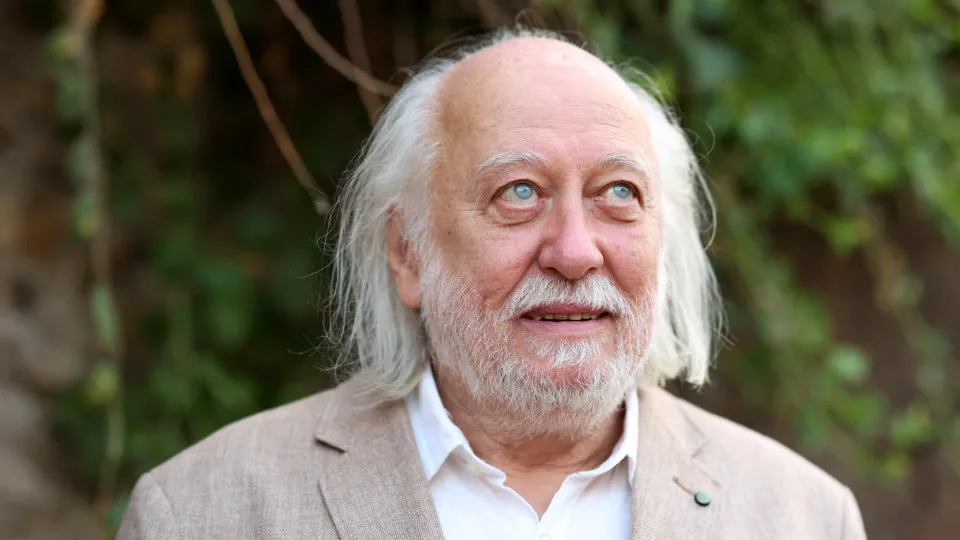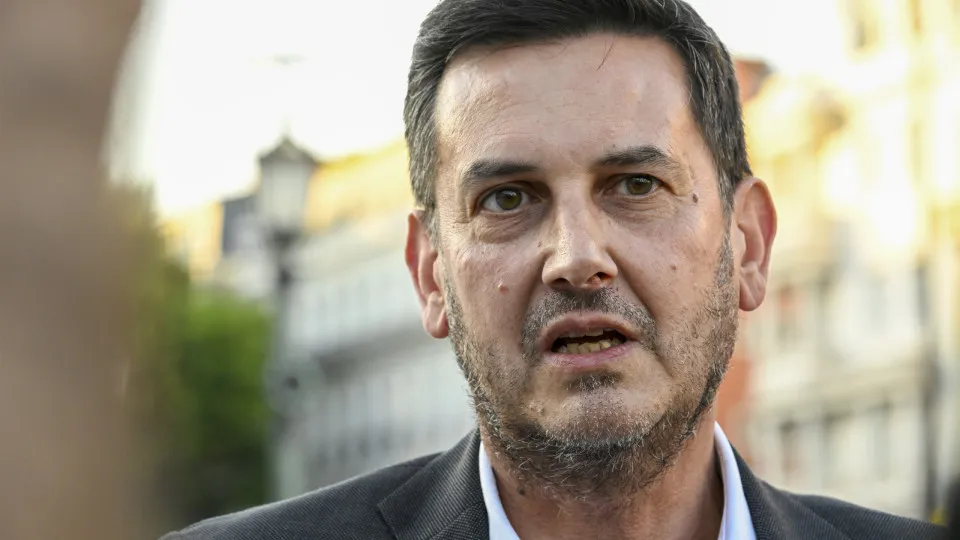
“I am deeply happy to have received the Nobel Prize – especially because this award proves that literature exists on its own, beyond various non-literary expectations, and that it is still read. And for those who read it, it offers a certain hope that beauty, nobility, and the sublime still exist on their own. It can offer hope even to those for whom life itself only wanes,” stated the author of ‘Satantango’ in a written declaration sent to the agency.
“Trust – even when there seems to be no reason to,” concludes László Krasznahorkai, who wrote scripts for various films by Hungarian filmmaker Béla Tarr, such as ‘The Turin Horse’.
Krasznahorkai’s new novel, ‘Herscht 07769’, translated by João Miguel Henriques, will be published next Monday in Portugal by Cavalo de Ferro.
According to a statement from the publisher, it is a “devastating satire on today’s world and politics.”
This “is the great novel about 21st-century Europe, written in a single dizzying sentence,” addressing “social disintegration and ecological collapse, nationalism and globalism, and the fine line separating civilization and ‘barbarity.'”
The Hungarian author will be in Portugal on the 18th and 19th of this month to participate in the literary festival Folio, ongoing in Óbidos, in the district of Leiria.
The Magyar writer, born in 1954, has been awarded other literary prizes, notably the America Award in Literature in 2014, the Man Booker International Prize in 2015, the Kossuth Prize and the National Book Award for Translated Literature in 2019, the Austrian State Prize in 2022, and the Prix Formentor in 2024.
László Krasznahorkai was honored today with the Nobel Prize in Literature, becoming the second author from his country to receive this distinction, after Imre Kertész (1924-2016) won it in 2002.
The jury of the Swedish Academy, which awards the prize, justified the choice of László Krasznahorkai “for his compelling and visionary work that, amidst apocalyptic terror, reaffirms the power of art.”
In the opinion of the late German writer W.G. Sebald (1944-2001), author of ‘Austerlitz’ and former literature professor at the University of East Anglia in the UK, “the universality of Krasznahorkai’s vision rivals that of Gogol’s ‘Dead Souls,’ and far surpasses all lesser concerns of contemporary writing.”
After several years residing in Berlin, Krasznahorkai has retired to the hills of Szentlászló, Hungary.




